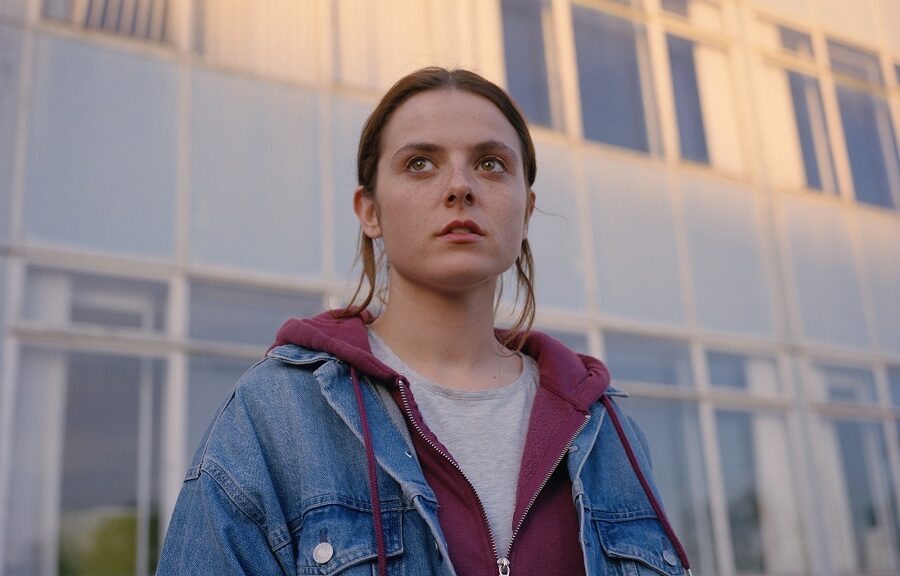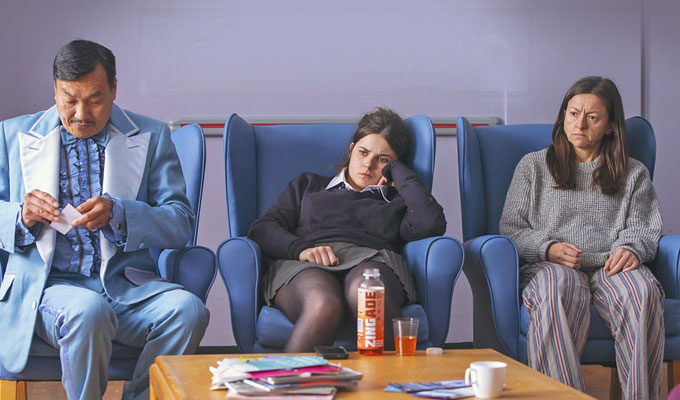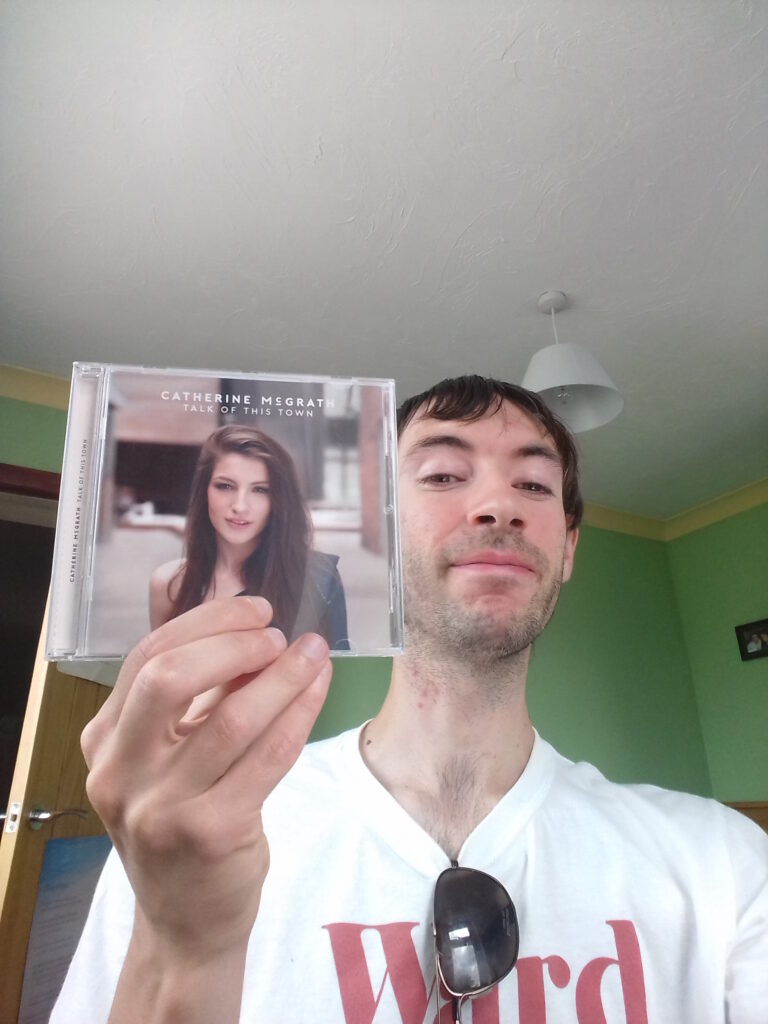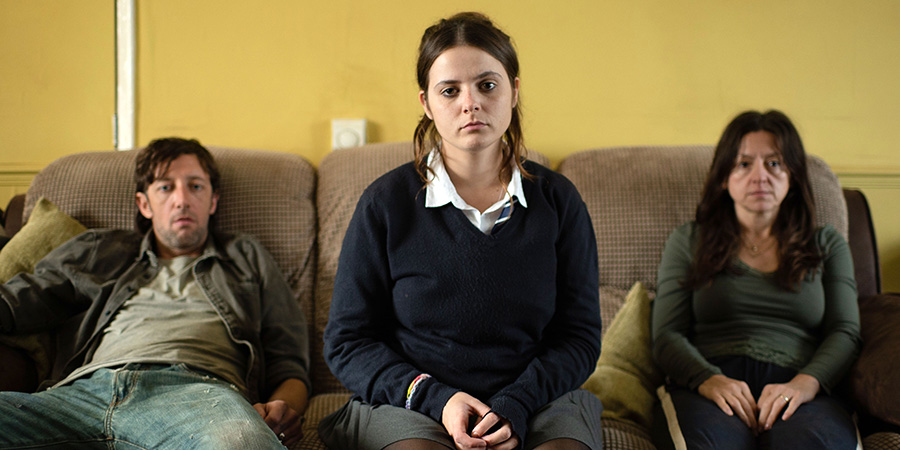
 (5 / 5)
(5 / 5)
The second series of In My Skin has really got under my skin these past few days. Content simply to watch at first, I’ve found myself itching to write something in response after a final episode in which the emotional pull of this award-winning drama really tugged at the heartstrings. I laughed. I cried. I smiled at the poignancy and hope with which this coming-of-age story signed off. Writer Kayleigh Llewelyn has really captured something special with this semi-autobiographical series. And actor Gabrielle Creevy and crew have brought it beautifully to life.
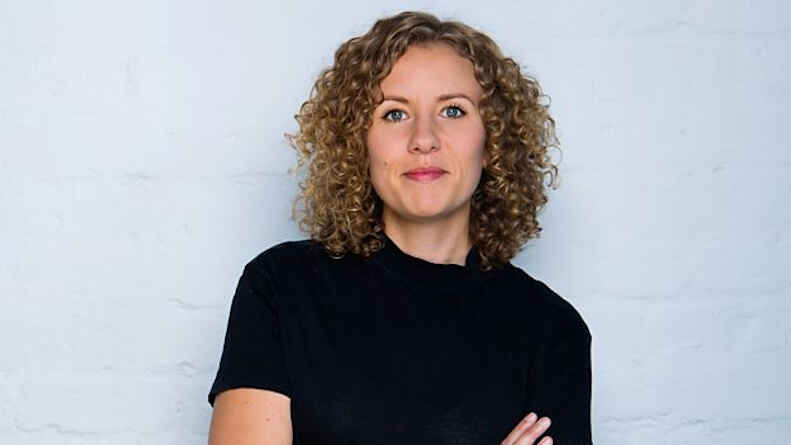
From the continued subtlety with which sexuality is explored and presented, to its unashamed yet understated presentation of Welshness, the second series of In My Skin matches the achievements of the first. It does come across as much more arthouse in both pace and aesthetic than its predecessor. Yet this slow burn, highly-polished look only gives it a gravitas that adds to the verisimilitude which made it so relatable and ruinous to begin with. Bethan (Creevy) is still living out a compartmentalised existence, where her efforts to keep family and friends separate are increasingly tested this time around. Her mum Trina (Jo Hartley), in recovery from bipolar, is found to be working at the bingo by best friends Travis (James Wilbraham) and Lydia (Poppy Lee Friar). Her father (Rhod Meilir), still an abusive alcoholic, becomes the subject of taunts by class clown Priest (Aled ap Steffan) after his devastating actions toward his wife’s secret lover are found out. Meanwhile, her blossoming relationship with Cam (Rebekah Murrell) sees the roots of shame surfacing from beneath her steely exterior. All this forces Bethan to face up to who she is and where she comes from.

(C) Expectation – Photographer: Huw John
This emergence and gradual acceptance of personal identity is both beautiful and heartrending to watch. The scenes between Bethan and Cam become increasingly delicate as their relationship develops. More artistic shots, close-ups, movements, and softer conversations bring to mind the craftsmanship of Normal People. They help to convey a vulnerability in Bethan that has so far been hidden but that Cam gently draws into the light. Such tender compassion is matched only by Trina, whose fragility may lead to a relapse in the wake of husband Dylan’s actions, but is also a source of strength in her daughter’s time of need. In one of the most grace-filled scenes of dialogue, in the final episode, within the space of a few minutes, I found myself reduced to tears as she responds to Bethan’s brokenness with a touching recollection of love, failure, and hope. Creevy and Hartley are simply sublime in this incredible mother-daughter exchange. Their conversation is painted onto the camera lens with such gentle brushstrokes as to form the most exquisite piece of sacrificial art. It begins a chain of events which, though numerous and rich enough to warrant a further episode, nevertheless see Bethan find her wings and set off via coach for a new life in London town. The look-to-camera right at the end, complete with a modest, appreciative smile, only adds to the positive vitality which imbues these final moments of a series that will be sorely missed but has ended on a high.
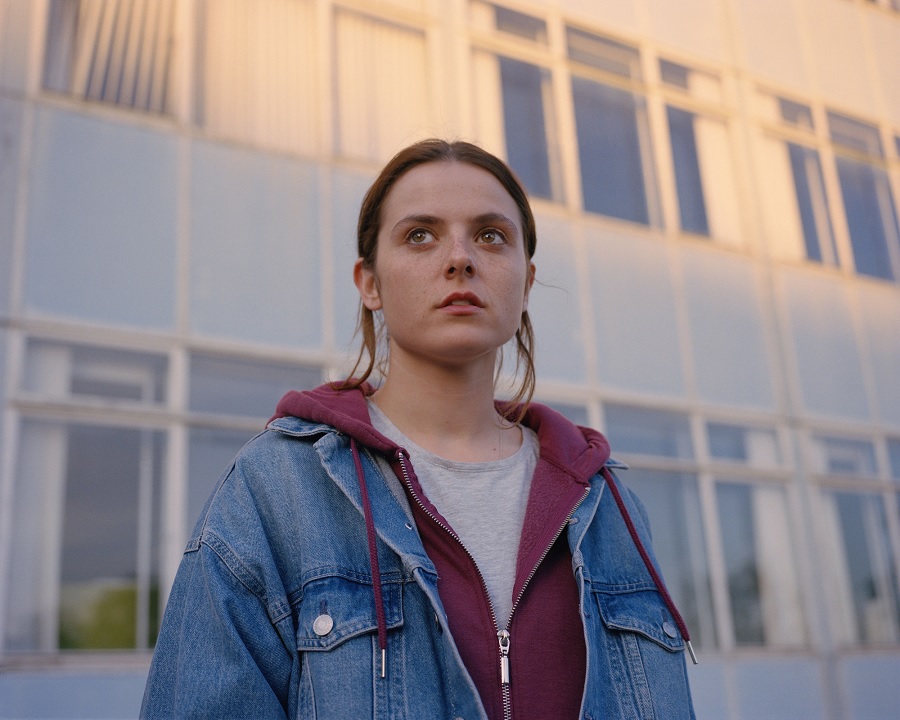
In My Skin is an extraordinary piece of television. It has made stars of Gabrielle Creevy and Jo Hartley. Kayleigh Llewelyn has brought something magical to the screen. I thought I’d said everything that there was to say about this wonderful drama. Turns out, in light of series two, I needed to say a little bit more.
Click here to watch the full series.

Gareth Williams

